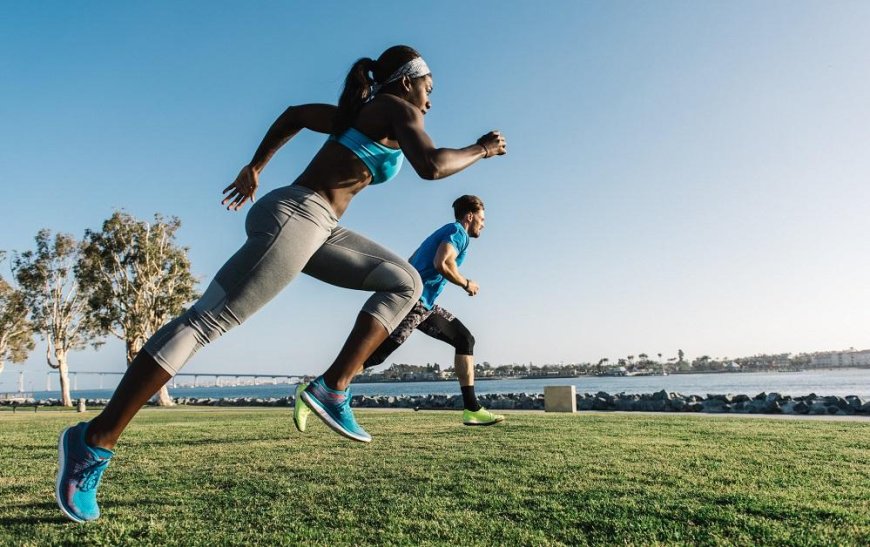Psychological Factors and Sports Performance - What is the Relationship?
determining success therefore lie in the psychological realm. In fact, psychological factors and sports performance are closely related.

Competitive athletes say 90% of their success comes from mental training and skill. In professional sport, there are no big differences between athletes in terms of ability, training, or physical ability. The factors determining success therefore lie in the psychological realm. In fact, psychological factors and sports performance are closely related.
Over the years, we have seen an increase in interest in the psychological aspect of sport. This increased interest prompted psychologists and athletes to ask the question: How do psychological factors and sports performance influence each other?
This applies to both elite athletes and all those involved in sports. Today we have evidence to support this idea. People who engage in any physical sport, whether professional or amateur, can benefit from developing certain psychological tools. The tools can help you increase your performance and athletic performance.
What psychological factors improve athletic performance?
We all know that regular exercise directly affects our health. Research also shows that these exercises are good for our mental health, helping to improve concentration and attention, teamwork, and self-esteem.
The psychological factors of sport and exercise that influence performance the most are self-confidence, motivation, emotional control, and concentration.
Necessary items
- Motivation: This is important for any area where you want to optimize your performance. This is especially important in sports. Think of athletes who experience constant ups and downs, wins and losses
- Concentration: Athletes also need to be capable of intense concentration. All actions, even the most simple or intuitive ones, require concentration. A wrong move may result in loss or injury. This could ruin months of preparation. Therefore, even an athlete with mediocre training is usually not distracted.
- Emotional control: Performing mental exercises that help control emotions and doubts can make a difference in success and failure. When poor emotional control affects an athlete's performance, it usually is because that person allows their emotions to influence their concentration.
- Confidence: Finally, confidence in the ability to successfully complete a task is a basic requirement for victory.
Psychological Factors and Sports Performance - The Importance of Mind
Being a professional athlete is associated with high emotional commitment. First, athletes must identify and analyze their strengths and weaknesses. They can then use personalized techniques to increase their performance and confidence. If not personalized, they can be counterproductive.
Must Read: Work overload and its consequences
- The techniques that athletes use the most to improve their performance are:
- Attention control: both internal and external attention. Inner attention is when the athlete focuses on the things happening in his own body (thoughts, inner dialogue, feelings and movements). Outward attention is when an athlete focuses on things outside of his own body.
- Goal setting: This helps athletes gain an overall vision of the work they need to do. They can also visualize what they need to do to achieve their ultimate goals.
- Self-preservation instructions: These are messages or short affirmations that we tell ourselves to help motivate or concentrate. It is important to use rational, positive, logical and realistic assurances.
- Relaxation: A relaxation technique is any method, procedure, or activity that helps reduce physical and / or mental stress. It aims to reduce stress and anxiety and replace them with peace.
- Mental Representation: Mental representations are symbolic ways of recreating reality. Visualization is extremely effective for both athletes and non-athletes.
Psychological factors and sports performance - nothing comes easy
Finally, it is important to remember that sports (especially high-level sports) involve a great deal of pain and suffering. And it's not just the pain that the exercise itself causes, but also everything that comes out indirectly.
As a result, sports are powerful teachers of resilience. Many of the psychological techniques that athletes use are those that we can use in other highly competitive and demanding activities.
